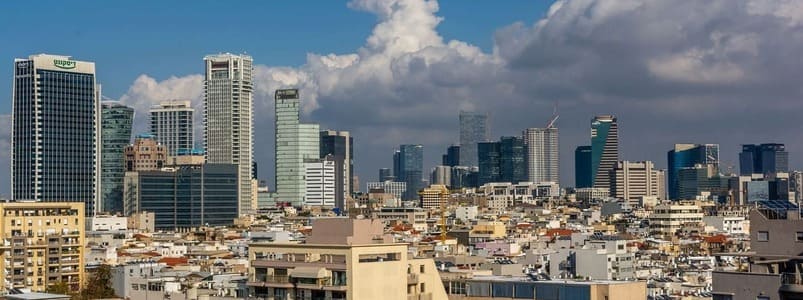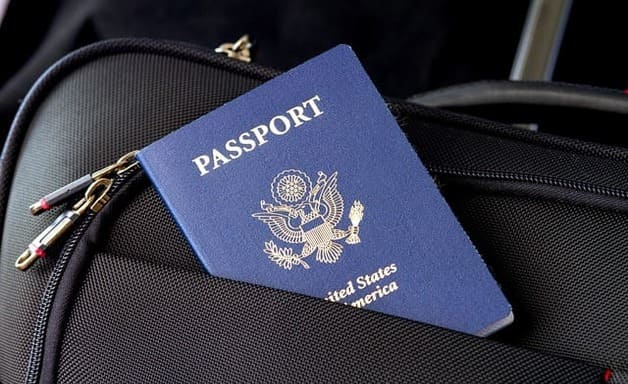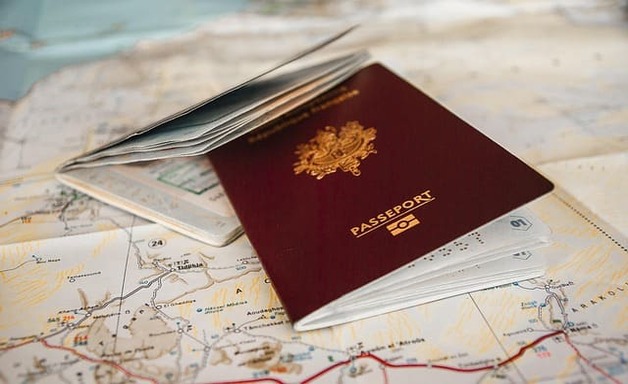
Israel is a unique destination with a rich cultural, historical, and religious heritage that attracts millions of visitors each year. Fortunately, there are few restrictions for tourists, allowing travelers a high degree of freedom to explore the country.
However, understanding local norms and rules can enhance your trip and help you avoid any inconvenience. From security procedures to dress codes at religious sites, and advice on driving in Israel, this guide provides practical tips for a hassle-free visit.
Visa Rules for Israel
As a tourist in Israel, you enjoy significant freedom to travel and engage in activities. The primary legal restriction to keep in mind is not overstaying your visa term. Ensure you leave the country before your visa expires to avoid penalties or complications.
If you’re travelling with the Israel ETA, you’re allowed a stay of up to 3 months with each entry, so it’s unlikely you’ll overstay your permitted period of visit.
However, if you wish to stay for longer than 3 months, you’ll need to apply for one of the other types of visa for Israel.
If you’re unsure what travel documents you need to have to visit Israel, check out our guide to Israel entry requirements.
ID Requirements
Always carry identification with you, such as a passport or a photocopy, as Israeli law requires all individuals to present ID to authorities upon request. This is a rare occurrence but can be crucial in case of emergencies or security checks.
Having your ID on hand also makes it easier to access medical services or age-restricted venues if needed.
Driving Laws for Tourists in Israel
If you’re planning to drive in Israel, you should be aware of specific rules and regulations:
- Valid license: Tourists can drive with a valid international driver’s license or a license from their home country for up to one year.
- Mandatory insurance: Rental cars must be insured. Verify that your rental includes third-party liability and collision coverage.
- Seat belts: Wearing seat belts is mandatory for all passengers.
- Rules for children: Children under 8 years old must be in an appropriate child safety seat. Children under the age of 13 are not permitted to sit in the front seat.
- Driving rules: Drive on the right-hand side. Use hands-free devices for calls; holding a phone while driving is prohibited.
- High-visibility vest: Every vehicle is required to carry a high-visibility vest. If stopping on the shoulder of a main motorway, everyone outside the vehicle must wear a high-visibility vest, regardless of whether it is day or night.
- Alcohol limits: The legal breath alcohol limit is 0.024%. For new drivers and professionals, the limit is 0.005%.
Speed limits in Israel
You should also be aware of the different speed limits:
- Urban areas: 50 km/h
- Non-urban roads: 80-90 km/h
- Highways: 100 km/h
- Toll roads: 110 km/h
Restricted Areas and Security Protocols
While tourists can travel freely within most of Israel, a few restrictions apply:
- Military zones: Certain military sites and areas near active conflict zones, such as those near the Gaza Strip, are off-limits to all civilians. These areas are clearly marked, and it’s best to avoid them entirely.
- Public security measures: Expect bag checks and security scans when entering train stations, shopping centers, and other public spaces. This is a routine procedure and nothing to worry about; simply cooperate with security personnel.
For your safety, stay informed about regional developments, especially if planning to visit areas near borders. Conflict can escalate quickly, so it’s wise to check for government travel advisories before heading to certain regions.
You can find the US government advisory for Israel here.
Visiting Religious Sites: Etiquette and Dress Codes
Israel is home to many sacred sites where specific dress codes and etiquette must be observed:
- Synagogues and churches: Visitors should avoid wearing shorts or sleeveless tops. Women may be required to cover their arms and legs, and men are typically expected to wear a kippah or other head covering, which is often provided.
- Mosques: Modest clothing is essential for both men and women, and shoes must be removed before entering. Women should carry a scarf to cover their heads if required.
To avoid inconvenience, it’s a good idea to carry a lightweight wrap or long-sleeved shirt when visiting religious landmarks. Respecting these customs not only ensures a smooth visit but also shows reverence for the cultural significance of these locations.
Safety Tips for Tourists in Israel
Israel is generally a safe destination for tourists, with a low crime rate compared to many other countries. That said, here are some tips to ensure a worry-free trip:
- General safety: Women travelers often find cities like Tel Aviv to be safer for walking alone at night than many cities of similar size.
- Emergency preparedness: Keep the contact details of your country’s embassy and emergency services handy. Dial 100 for police and 101 for medical emergencies in Israel. The number for the fire department is 102.
- Cultural awareness: Be respectful of local customs, especially in more conservative areas.
Given the geopolitical nature of the region, staying informed is key to a smooth trip. Before and during your visit, monitor local news and updates from your embassy or consulate. Avoid areas of heightened tension and follow any advisories issued by local authorities.


